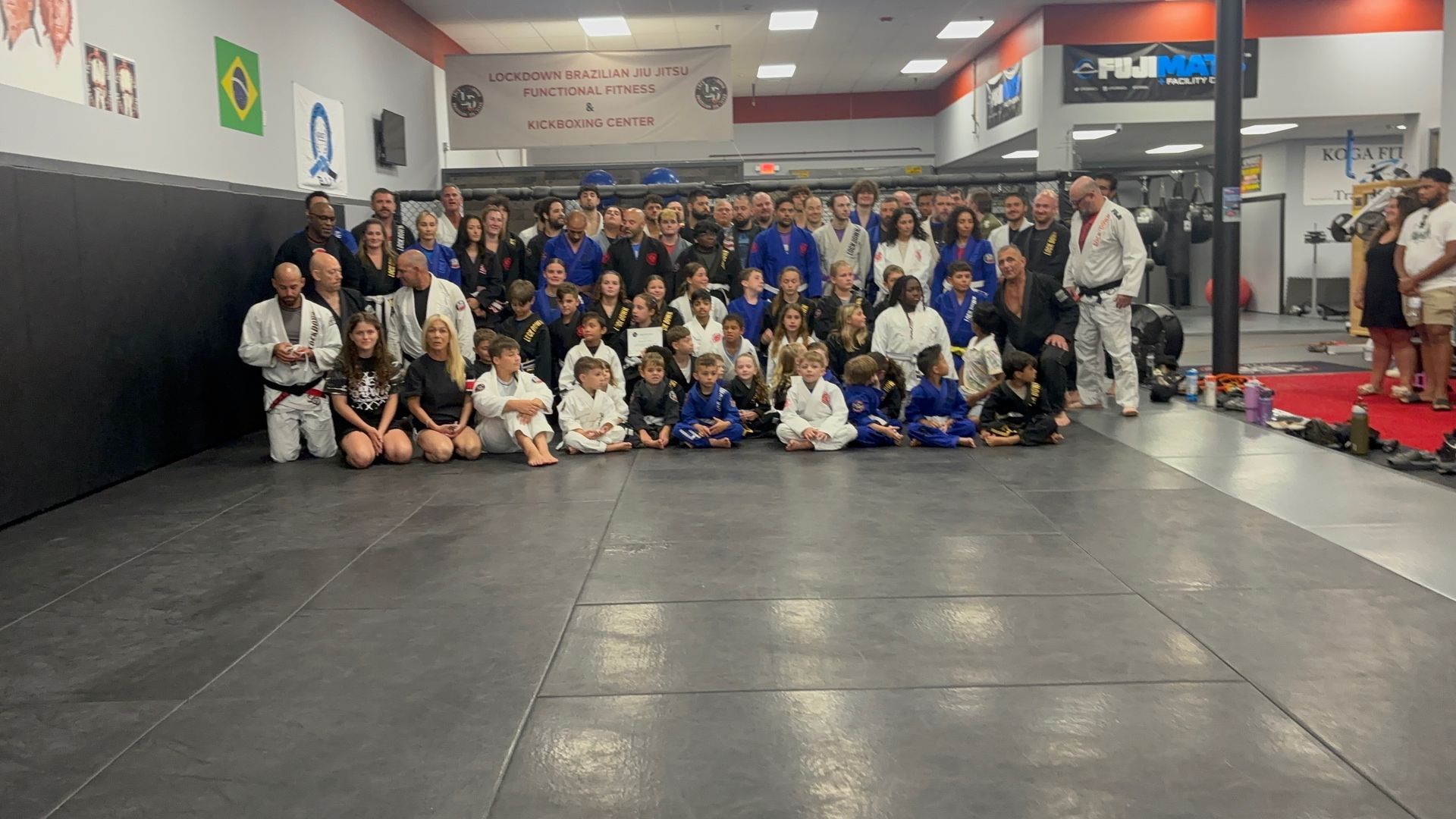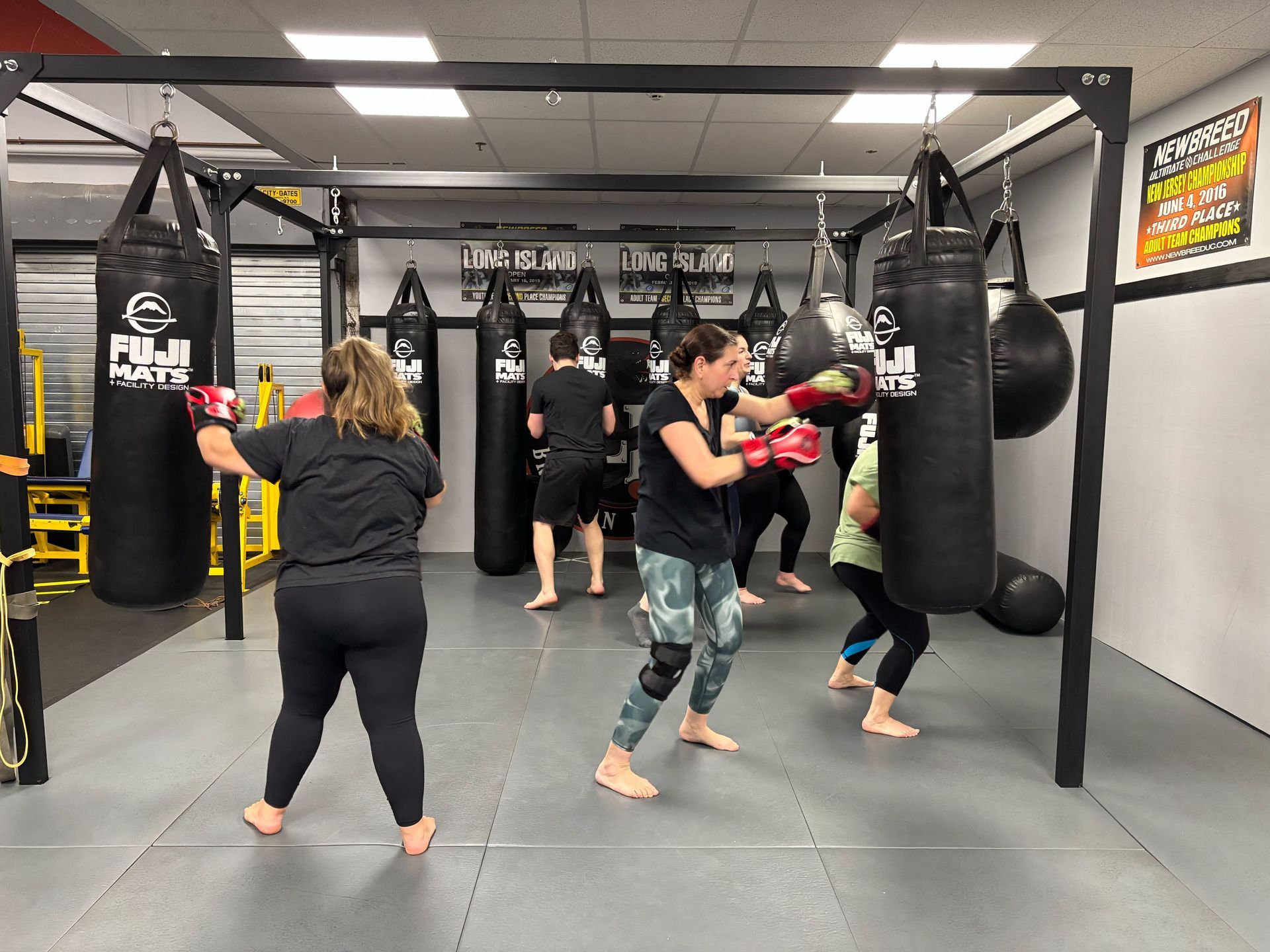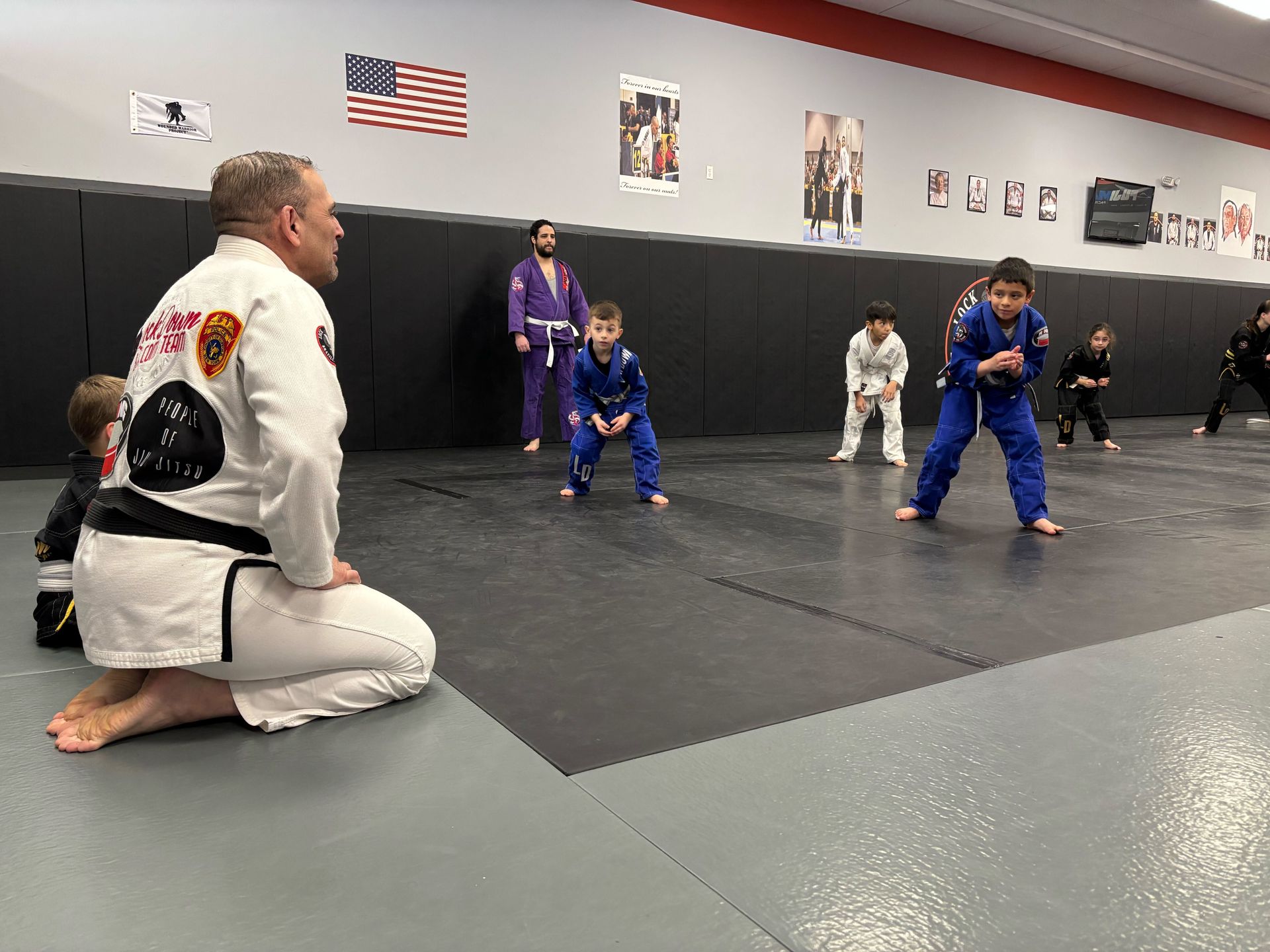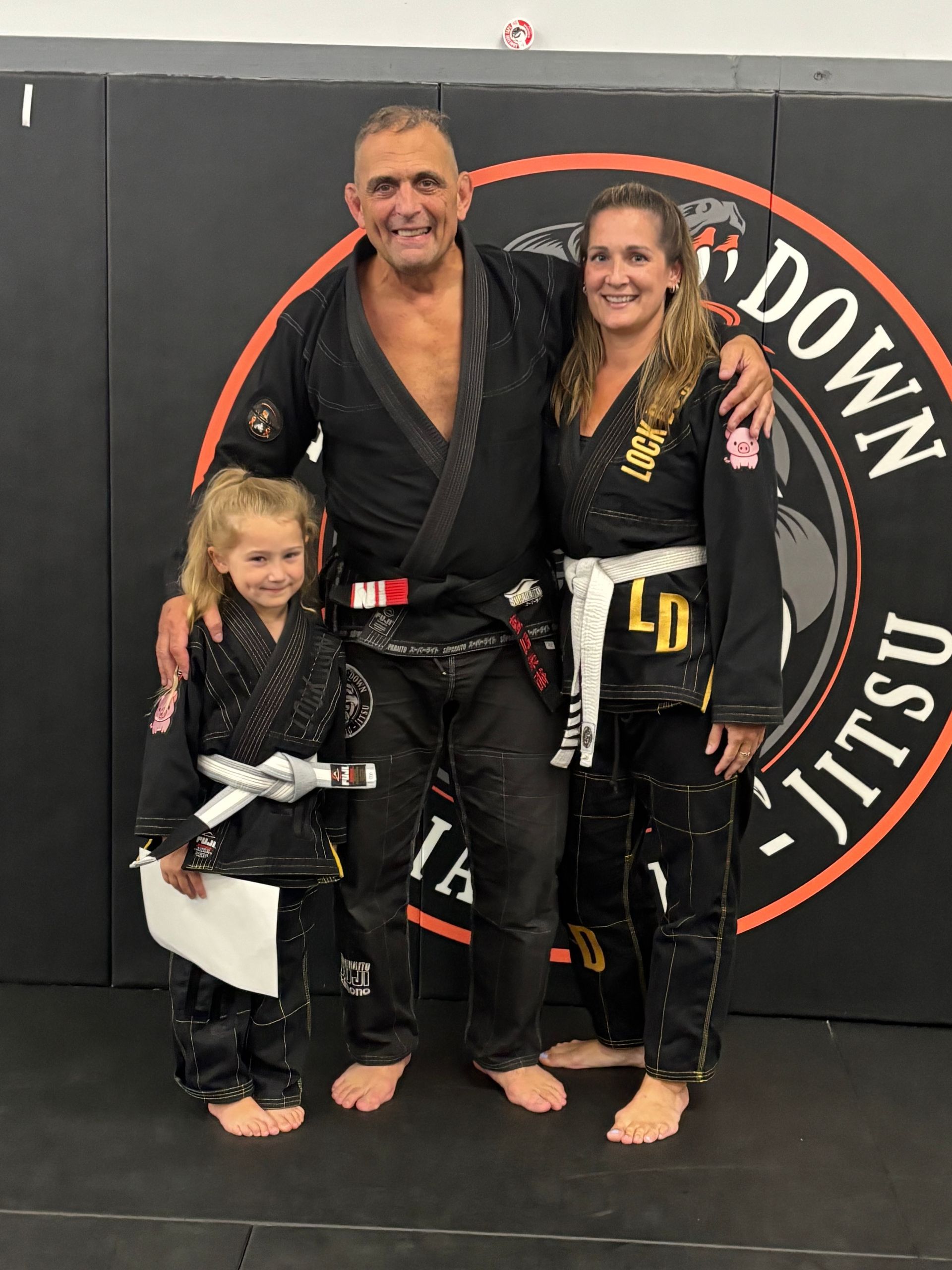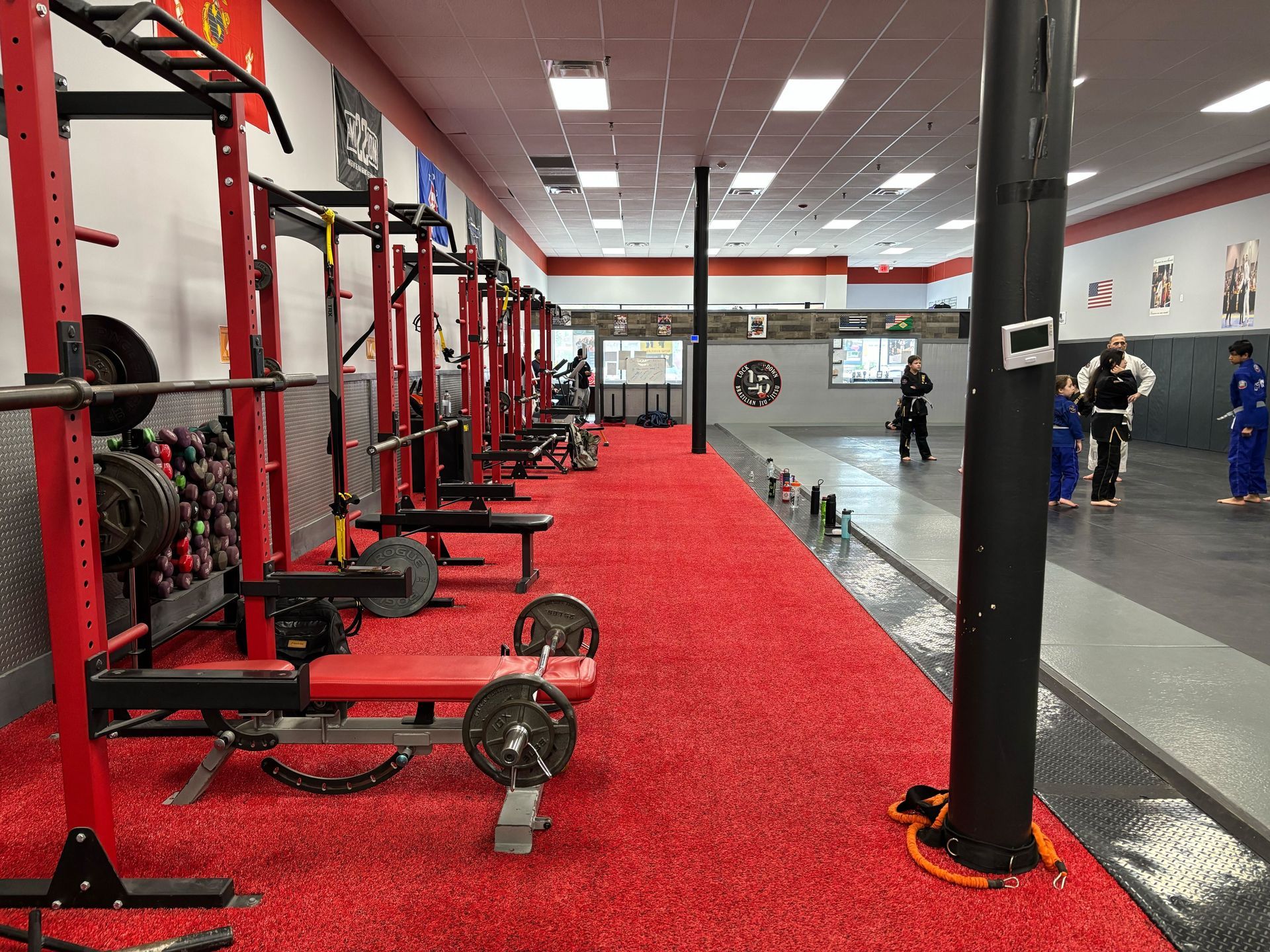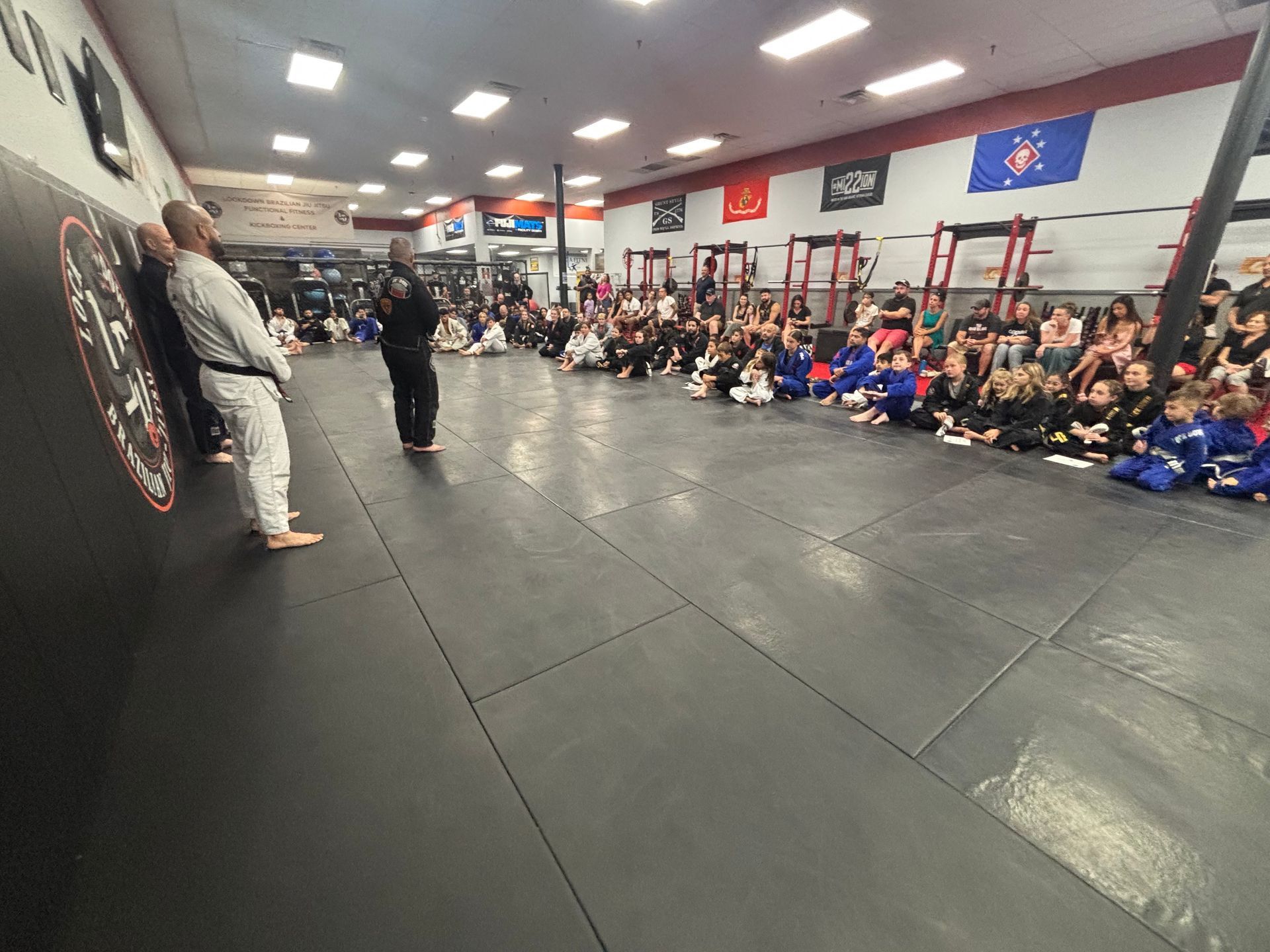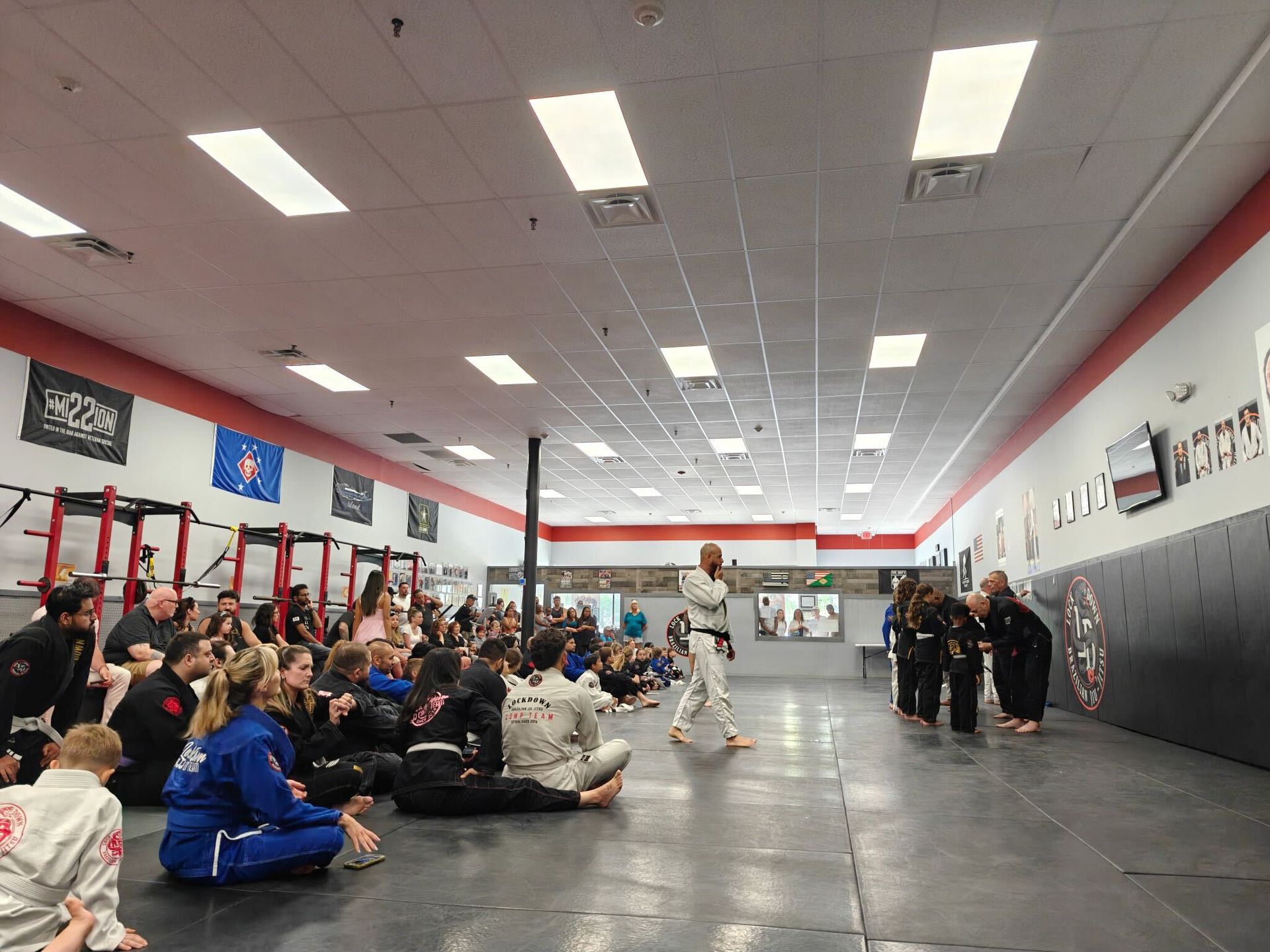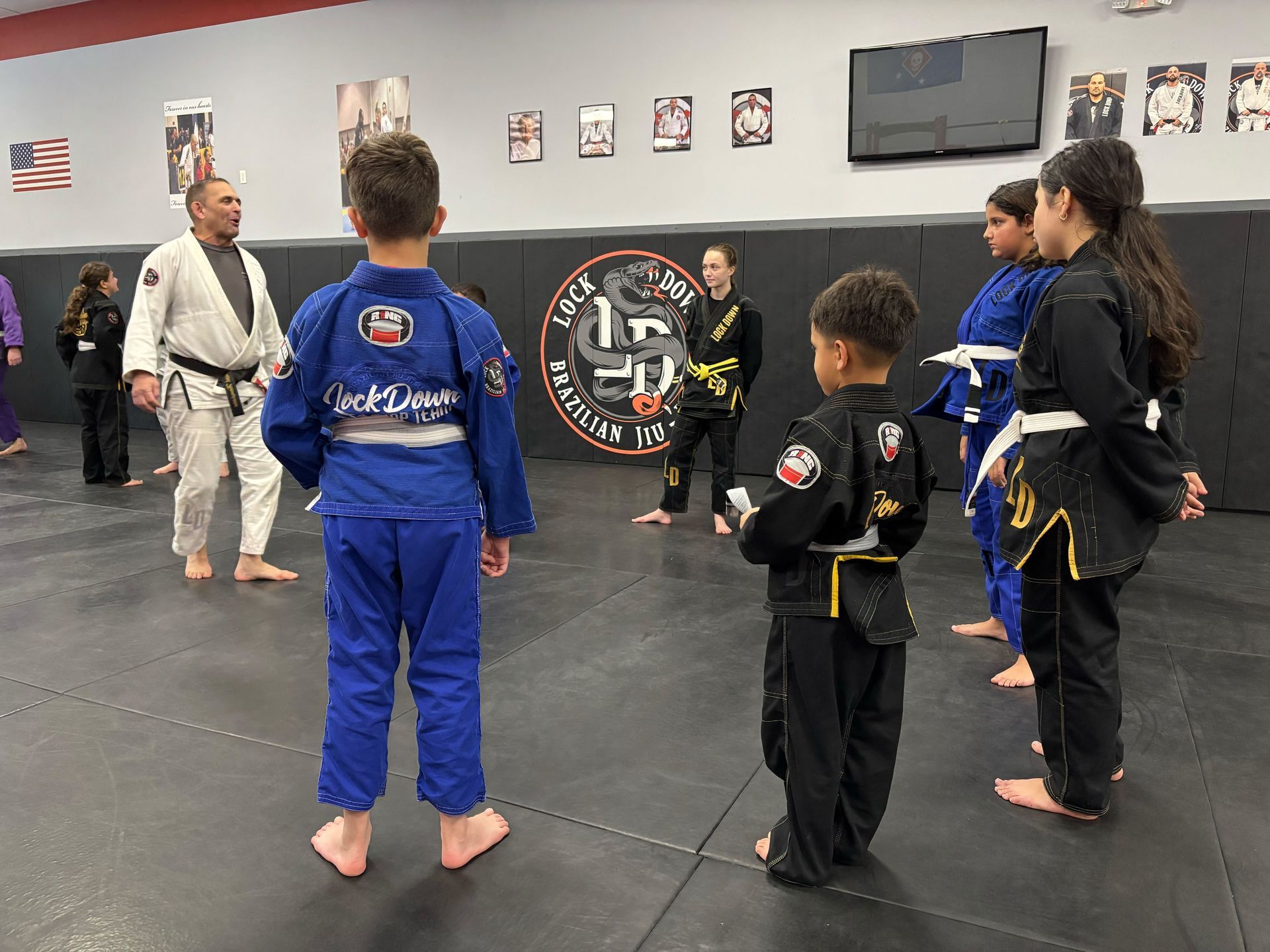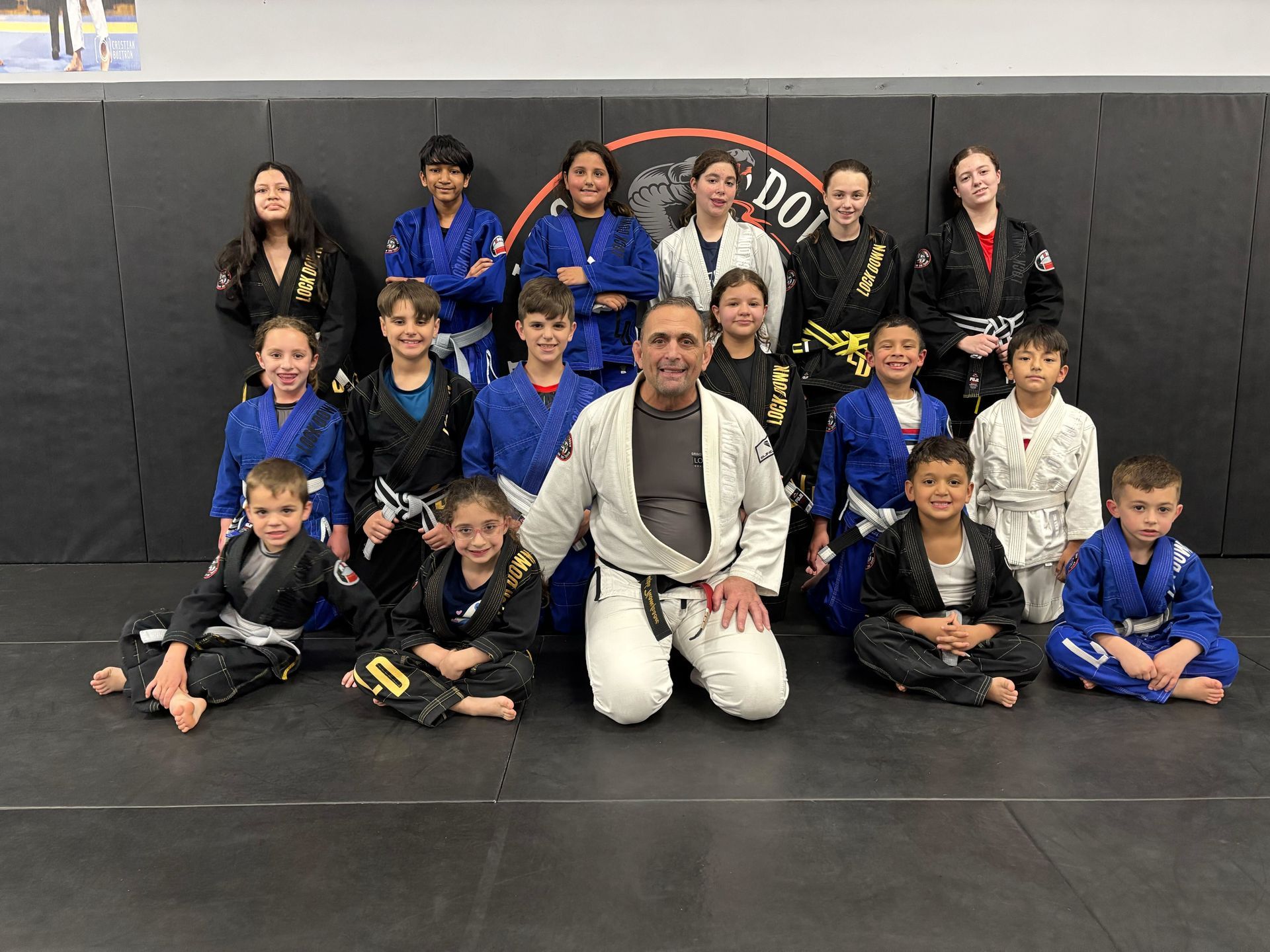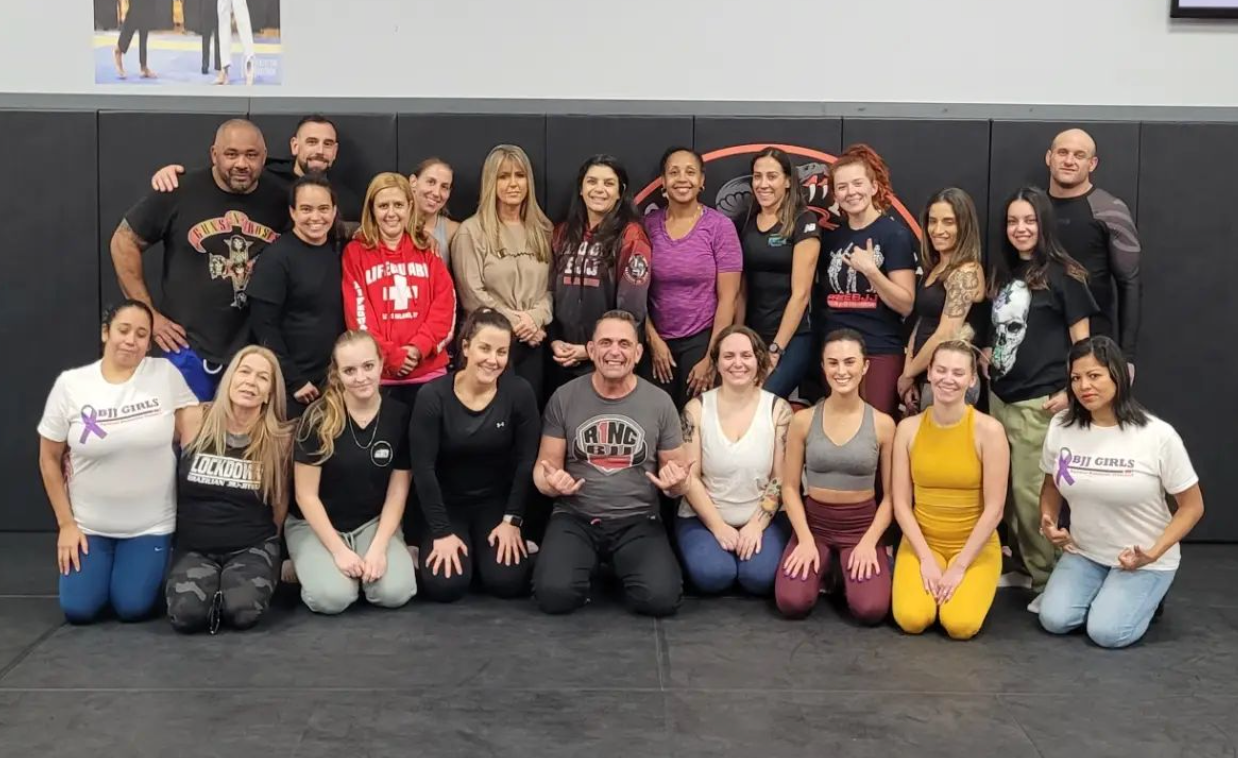In an unpredictable world, self-defense has become more important than ever.
Martial arts offer a practical and effective means of protecting oneself, providing both physical and mental benefits that extend beyond mere defense.
What is Martial Arts?
Martial arts are a diverse range of practices and traditions rooted in combat techniques, physical exercise, and mental discipline. Originating from various cultures worldwide, these arts have evolved to include styles like Karate, Judo, Taekwondo, and more.
Physical Benefits of Martial Arts for Self-Defense
One of the primary advantages of martial arts is the significant improvement in physical fitness. Training in martial arts enhances strength, stamina, flexibility, and coordination. This physical conditioning is crucial for effective self-defense, allowing practitioners to execute techniques with power and precision.
- Improved Strength and Stamina Martial arts training involves rigorous physical activity that builds muscle strength and cardiovascular endurance. Whether through striking, grappling, or sparring, consistent practice ensures a well-rounded physical condition, essential for self-defense situations.
- Enhanced Flexibility and Coordination Flexibility and coordination are vital for executing martial arts techniques effectively. Practices like Brazilian Jiu-Jitsu and Taekwondo emphasize stretching and precise movements, which improve overall body control and agility.
- Better Reflexes and Agility Quick reflexes and the ability to move swiftly can make a significant difference in a self-defense scenario. Martial arts drills and sparring sessions train practitioners to react promptly and effectively to threats, enhancing their chances of avoiding harm.
Mental Benefits of Martial Arts
Martial arts are not just about physical prowess; they also cultivate a strong and focused mind. The mental benefits include increased discipline, stress relief, and a boost in confidence.
- Discipline and Focus Training in martial arts requires dedication and discipline. The structured nature of martial arts classes helps individuals develop a strong work ethic and the ability to focus, which are essential traits both inside and outside the dojo.
- Stress Relief and Mental Clarity Martial arts provide an excellent outlet for stress. The physical exertion and mental concentration required during training sessions help clear the mind, reduce anxiety, and promote a sense of well-being.
- Confidence and Self-Esteem Achieving proficiency in martial arts builds confidence. Knowing that you can defend yourself enhances self-esteem and encourages a positive outlook on life. This newfound confidence often translates to other areas, such as work and personal relationships.
Practical Self-Defense Techniques in Martial Arts
Martial arts teach a variety of techniques that are directly applicable to self-defense. These include basic strikes, blocks, grappling, and submission techniques.
- Basic Strikes and Blocks Learning how to punch, kick, and block effectively is fundamental to self-defense. Techniques from disciplines like Karate and Muay Thai focus on delivering powerful strikes and deflecting attacks efficiently.
- Grappling and Submission Techniques Martial arts such as Brazilian Jiu-Jitsu and Judo emphasize grappling and ground fighting. These techniques are invaluable in close-quarters situations, allowing individuals to control or incapacitate an attacker.
- Defensive Strategies and Situational Awareness Martial arts training often includes strategies for avoiding conflict and recognizing potential threats. This situational awareness is crucial for preventing dangerous encounters before they escalate.
Real-World Applications of Martial Arts in Self-Defense
Martial arts are not just theoretical; they have real-world applications. Many practitioners have successfully used their training to defend themselves in various situations.
- Personal Anecdotes and Case Studies Stories abound of individuals who have utilized their martial arts skills in self-defense scenarios. These real-life examples highlight the effectiveness and practicality of martial arts training.
- Situations Where Martial Arts Have Been Effectively Used From thwarting mugging attempts to preventing assaults, there are numerous documented cases where martial arts have played a critical role in personal safety.
Choosing the Right Martial Art for Self-Defense
Not all martial arts are created equal when it comes to self-defense. Factors such as body type, personal goals, and local availability should be considered when choosing a martial art.
- Factors to Consider When selecting a martial art, it's important to consider your physical attributes, personal preferences, and the specific self-defense scenarios you might encounter.
Overview of Popular Martial Arts for Self-Defense
- Krav Maga: Known for its focus on real-world situations and practical techniques.
- Brazilian Jiu-Jitsu: Emphasizes ground fighting and submission holds.
- Muay Thai: Renowned for its striking power and effectiveness in close combat.
Training Consistency and Commitment
To truly benefit from martial arts for self-defense, consistent training and commitment are essential.
- Importance of Regular Practice Regular practice ensures that techniques are second nature, enabling quick and effective responses in self-defense situations.
- Setting Realistic Goals and Expectations It's important to set achievable goals and understand that proficiency in martial arts takes time and dedication.
- Finding a Good Instructor and Training Environment A qualified instructor and a supportive training environment are crucial for effective learning and sustained motivation.
Women's Self-Defense and Martial Arts
Women face unique challenges when it comes to self-defense. Martial arts can empower women by providing them with the skills and confidence needed to protect themselves.
- Addressing the Unique Challenges Women Face Martial arts programs tailored for women address specific threats and scenarios, offering practical and effective self-defense techniques.
- Empowerment Through Martial Arts Training Training in martial arts helps women build confidence and feel more empowered in their daily lives.
- Programs and Classes Tailored for Women Many martial arts schools offer classes specifically designed for women, focusing on self-defense strategies and techniques.
Martial Arts for Kids
Introducing children to martial arts can provide numerous benefits, including physical fitness, mental discipline, and social skills.
- Benefits for Children Martial arts help kids develop strength, coordination, focus, and respect for others.
- Teaching Kids to Defend Themselves Safely Martial arts teach children how to defend themselves in a controlled and safe manner, promoting non-violence and self-control.
- Building Lifelong Skills and Habits The discipline and habits learned through martial arts training often stay with children throughout their lives, contributing to their overall development.
Martial Arts and Legal Considerations
Understanding the legal aspects of self-defense is crucial for martial arts practitioners.
- Understanding Self-Defense Laws Self-defense laws vary by region, so it's important to be aware of the legal implications of using martial arts in a defensive situation.
- Knowing Your Rights and Responsibilities Martial artists should know their rights and responsibilities to avoid legal issues when defending themselves.
- Ethical Use of Martial Arts in Self-Defense Situations It's important to use martial arts ethically and responsibly, ensuring that force is only used when absolutely necessary.
Overcoming Common Misconceptions
There are many misconceptions about martial arts and self-defense that need to be addressed.
- Martial Arts vs. Street Fighting Martial arts emphasize technique, control, and discipline, unlike street fighting, which is often chaotic and unregulated.
- The Myth of the "One-Punch Knockout" Self-defense is not about delivering a single knockout punch; it involves a range of techniques and strategies.
- Realistic Expectations from Martial Arts Training Understanding what martial arts can and cannot do for self-defense helps set realistic expectations.
Combining Martial Arts with Other Self-Defense Methods
Martial arts should be part of a comprehensive self-defense strategy.
- Importance of Situational Awareness and Avoidance Avoiding dangerous situations is often the best form of self-defense.
- Use of Self-Defense Tools and Gadgets Incorporating tools like pepper spray or personal alarms can enhance personal safety.
- Blending Martial Arts with Other Self-Defense Techniques Combining martial arts with other self-defense methods provides a well-rounded approach to personal safety.
Stories of Transformation Through Martial Arts
Many people have experienced profound personal growth and transformation through martial arts.
- Personal Stories of Growth and Empowerment Martial arts training has helped individuals overcome personal challenges and achieve their goals.
- Testimonials from Martial Arts Practitioners Hearing from those who have benefited from martial arts can be inspiring and motivating for others.
Final Thoughts
Martial arts offer a comprehensive approach to self-defense, providing both physical and mental benefits. By training consistently and choosing the right martial art, anyone can enhance their ability to protect themselves and build a more confident, empowered life.

